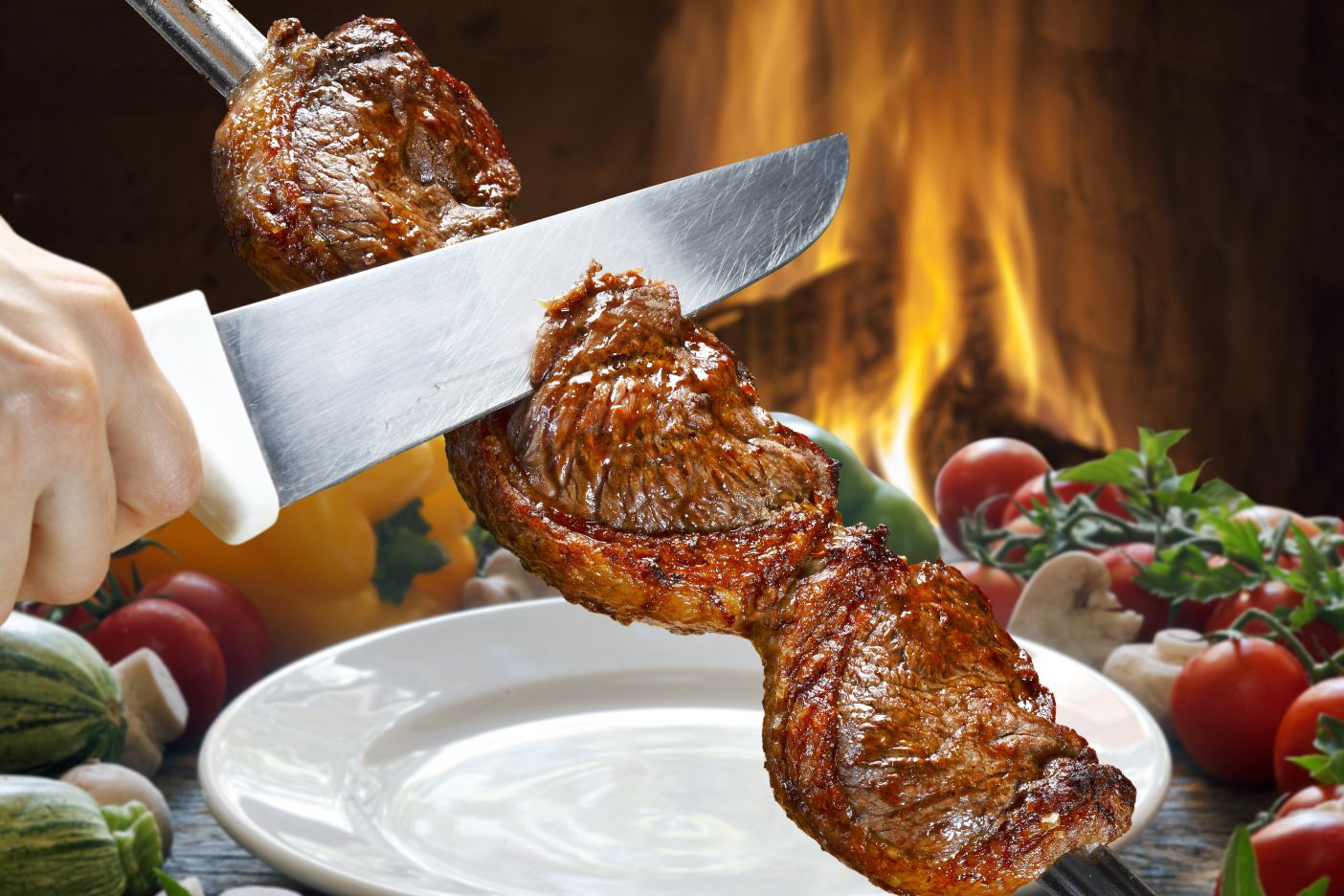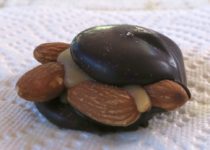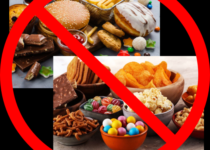Are You Getting Too Much Protein?

Many people think that low-carb diets mean a lot of meat and other protein sources. Actually one of the common mistakes is to eat too much protein and gain weight.
Low-carb diets are low carb, moderate protein, and high fat. Even the Carnivore diet, which is as close to zero carb as you can get, relies heavily on fat for calories. The Carnivore diet also relies on eating the whole animal for complete nutrition. You eat the organs as well as muscle tissue.
I think the reason so many people end up eating a lot of protein on low-carb diets is because we have all been trained to think that fat is evil. So if you give up carbs, to get enough calories you need to increase your protein.
Wrong.
The average American consumes about 125% of their protein needs each day. Most of us are consuming too much protein, even before adopting a low-carb diet. And this is contributing to the high level of obesity we see in the United States. For most people, adding even more protein is completely wrong when following a low-carb diet.
Why We Need Protein
Protein is used to maintain, build, and repair muscles. You need a certain amount of protein every day for the normal wear and tear on your muscles. When you change to a low-carb diet, you body uses some protein to make glucose for those bodily processes that require glucose as fuel.
Some people need more protein than the baseline. If you are working out, you need more protein because you have more muscle to repair. Your glucose needs may be higher as well. Children need more protein to grow normally. Pregnant women need more protein for their baby.
How Much Protein is Too Much Protein
Current standards for an average person are to consume 0.5 – 0.7 grams of protein for each pound of lean body mass. Some athletes, especially those building muscle, will need perhaps 1 gram of protein per pound of lean body mass. (Lean body mass is you without any fat at all – bones, muscles, organs.) Generally men have more lean body mass than women. The more muscular you are, the more lean body mass you have. Sedentary people need less protein than those who are more active.
What does that mean in real life? I am 5 feet 6 inches tall, female, sedentary, with a slim build. I only need about 0.5 grams of protein per pound of lean body mass. My lean body mass is about 100 pounds, so I should consume about 50 grams of protein a day. That is 2 eggs and 4 ounces of meat, poultry, or fish in a day, plus a little protein from a small amount of dairy. More than that is too much protein for me.
For you men, BH is 5 feet 9 inches tall, male, sedentary, with an average build. He only needs about 0.5 grams of protein per pound of lean body mass. His lean body mass is about 140 pounds, so he should consume about 70 grams of protein a day. That is 3 eggs and 6 ounces of meat, poultry, or fish in a day, plus a little protein from a small amount of dairy.
One half pound (8 ounce) hamburger with a slice of cheese and two slices of bacon is all of his protein needs for the day.
If we both got regular exercise, we could increase our protein to 0.7 grams per pound of lean body mass. Then I could have 70 grams of protein a day (what BH has now) and BH could go up to 98 grams of protein a day or about 11-12 ounces of meat, poultry, or fish in a day.
Protein issues and guidelines are for protein from any source, so vegetarians can have the same problems as meat eaters.
Shouldn’t I Eat 4 ounces of meat at Each Meal?
I have seen this recommendation, but as you can see, different people have different protein needs. With regular exercise, I need about 8 ounces of meat, poultry, or fish for the day. If I only eat 2 meals a day, then yes I could have 4 ounces of meat, poultry, or fish at each meal. If I eat 3 meals a day, then 4 ounces of meat at each meal would be too much protein.
For a large male athletic who needs more protein to repair muscles after a workout, 4 ounces of meat, poultry, or fish per 3 meals a day would not be enough.
This is why you should use recommendations for protein based on lean body mass and level of activity, instead of the same recommendation for everyone.
Problems with Too Much Protein or Too Little Protein
If you do not eat enough protein, your body may take protein from some muscles in order to repair others. You may feel tired and weak all the time. You don’t want to move because your body is conserving the protein you do consume for the most vital purposes. If you are eating low carb and low protein, your body will take protein from your muscles to convert to glucose for those bodily processes that require glucose to run. So you do need to get enough protein to avoid losing muscle.
If you eat more protein than you need, this excess protein is converted by your body to glucose. Some of that glucose can be used for energy, but once your energy needs are met, this glucose is stored as fat, just as if you had eaten too many carbohydrates. Just as excess carbohydrates make you fat, in the same way too much protein can contribute to overweight.
If you do not get enough or you get too much protein in one day, that is not necessarily a problem. It is when you make a habit of getting too little or too much protein that it becomes harmful.
Are you struggling with weight issues? Track how much protein you are eating for a few days and see if you are getting too much or too little.
What Can I Eat to Avoid Getting Too Much Protein
So if you are eating low carb and eating moderate amounts of protein, what can you eat?
- Above ground vegetables – as much as you want (except for winter squashes and pumpkins which are high in carbs)
- Add more fat into your diet
- Try high fat nuts, such as hazelnuts and macadamia nuts
- Olives
- Avocados
- Look for ways to add fat to your vegetables.
- Salads with fatty dressings (also great for helping your body absorb fat soluble vitamins, such as A and E)
- I have steamed fresh asparagus topped with Primal chipotle lime mayo – lots of great nutrients, fiber, and fat
- BH and I love fresh steamed artichokes with lots of butter
- Our best friends love the artichokes with mayonnaise
Check out some of the vegetable recipes on this site for more ideas of veggie/fat combinations:
In my Paleo journey, the real turn around happened when I reduced the amount of protein I ate each day. I feel so much better now, my health has improved, and I effortlessly maintain the right weight for me. Low carb is great, but keeping protein intake to the proper level is equally important.









